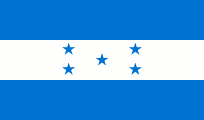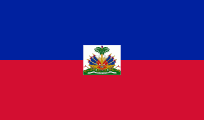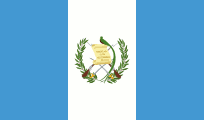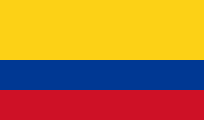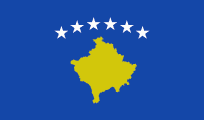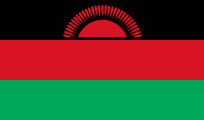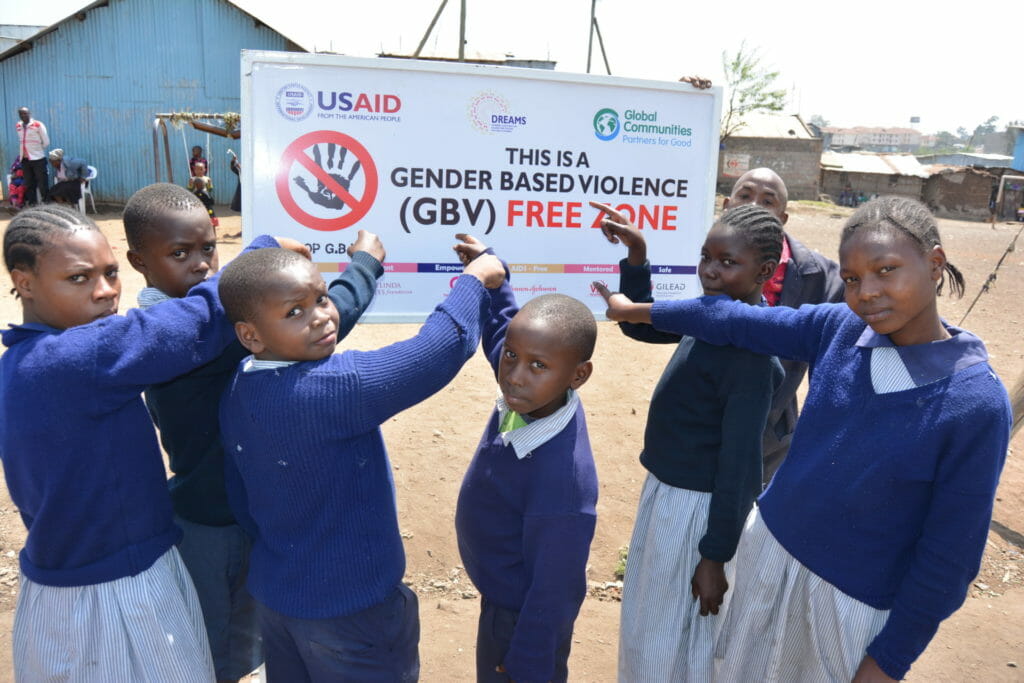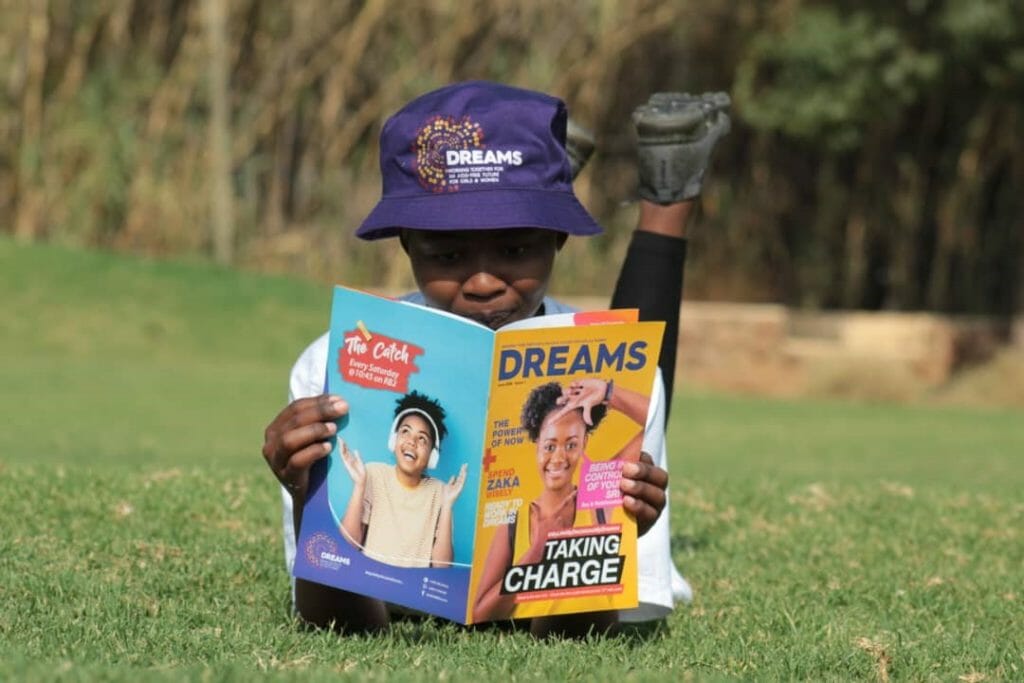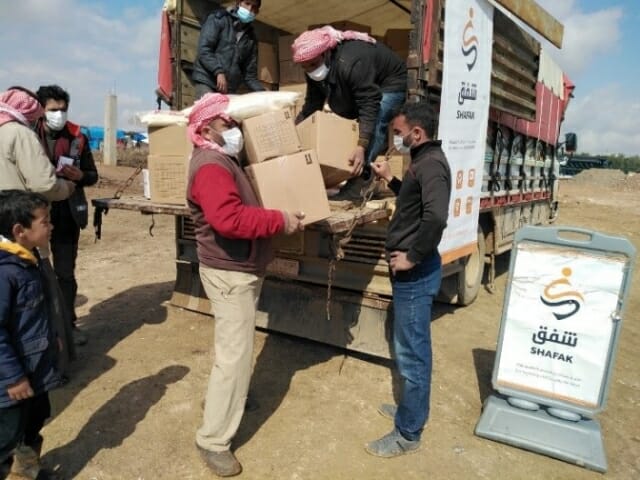As conflict, migration and climate change drive increases to the frequency and severity of disasters, the lives and livelihoods of millions of people will be disrupted at a moment’s notice. Unexpected shocks or ongoing stresses to daily life can destroy homes and neighborhoods, disrupt economic activity and the ability to make a living, and tear at the fabric of close-knit communities. By addressing the root causes of vulnerability with solutions for a sustainable future, individuals, households, and communities can not only recover, but be better prepared to withstand the effects of future disasters.
For more than 15 years, Global Communities has reinforced resilience across Asia, Africa and the Americas. With support from the U.S. Agency for International Development, Global Communities has advanced significant innovations in resilience-focused agriculture, food security, disaster risk management, water, sanitation and hygiene and health.
Our integrated approach bridges humanitarian assistance and sustainable development to deliver proven resilience-building interventions across sectors.
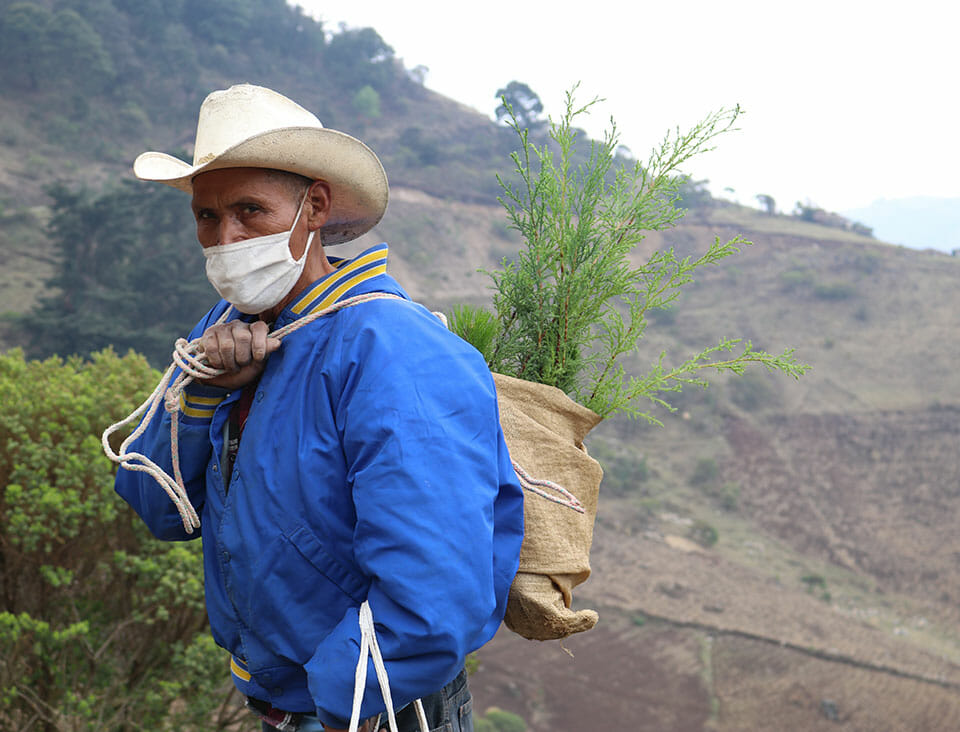
Climate Action
With climate change comes increasing incidences of weather-related shocks and disasters. In vulnerable communities, the immediate and long-term effects of ever more powerful storms and recurring droughts can be devastating. Working with local communities, we are building resilience to climate-related shocks by collaboratively identifying and developing strategies to address vulnerabilities in each local context. Learn more about our work building resilience in the face of climate change here.
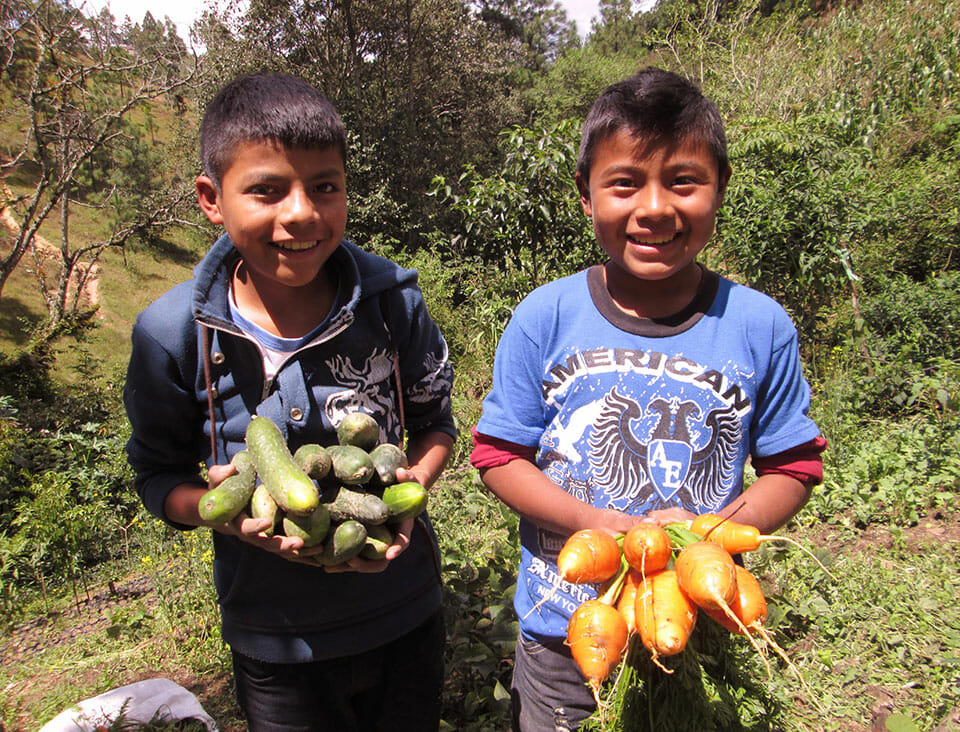
Food Security & Agriculture
Our agricultural food security strategies are designed to improve production approaches—protecting farmers from stressors while supporting improved production growth and sustainable approaches tailored to their unique, individual needs and household contexts. We work directly with smallholder farmers, especially women, to diversify their income streams and increase the resilience of their households to disaster-related damage to crops and food supplies.
Water Security
Global Communities integrates sustainable water management throughout our programs to shore up the long-term resilience of at-risk ecosystems and resources, as well as the social and economic welfare of vulnerable populations. Our work includes a particular focus on watershed protection, rehabilitation and management, and sustainable access to clean water.
In addition, we focus on resilience as part of our work in governance, economic opportunity and livelihoods, health and gender equality and social inclusion as a core part of our vision of a more just, equitable and prosperous world, one where all people can thrive.
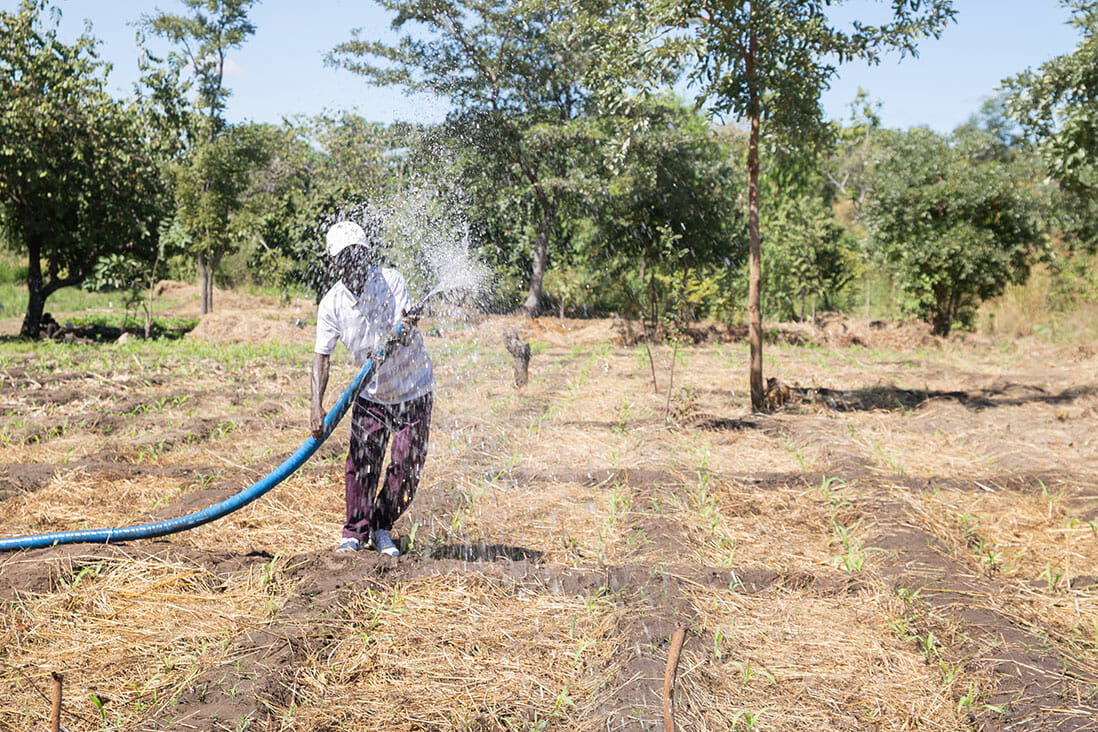
Our Approach
Global Communities’ approach to resilience begins with reinforcing communities’ ability to cope with shocks and stresses while reducing their vulnerability to future crises.
Our rigorous, data-driven approach allows us to apply insights across programs and leverage learnings from decades of on-the-ground experience. Our work in complex urban environments, both in times of crisis and for long-term resilience building, drives our solutions to the rapidly increasing vulnerability of urban populations around the world. Our work in communities directly impacted by climate change informs our strategies to strengthen communities' resilience to shocks and stresses aggravated by climate change. While our experience and learnings are global, our solutions are always customized to meet specific needs and delivered in support of community-led solutions. Our innovative risk management strategies have scaled from community-level pilot projects to inform municipal, state and national policies.
Our work includes a strong focus on building the capacity of partners, including government agencies, community groups, universities, and the private sector to create sustainable models for managing disaster risk. An example of an innovative public-private partnership to increase resilience in the face of climate change is the Enhancing Colombian Cities’ Resilience through Insurance for Climate Risks and Natural Disasters project. Global Communities and the Insurance Development Forum are coming together to support the development of natural disaster risk insurance products for the City of Medellín. The InsuResilience Solutions Fund is providing co-funding for the development of the insurance solution for municipal governments and individual citizens who face catastrophic losses due to climate-driven disasters.
Our work also includes:
- Systems approaches
- Integrated approaches
- Agile management
- Data-driven decision-making
- Capacity building in disaster risk management as part of long-term sustainable development programs.
- Supporting local capacity strengthening and locally-led development by implementing the Neighborhood Approach, a means of responding to multi-sector needs through a community-based decision-making process that takes into account social, economic, and physical features within a specific geographic area.
854,164
people living in high-risk urban settlements within cities where Global Communities is working to reduce vulnerability to disasters and reinforce resilience
10
government agencies that created risk management tools to inform decisions that reduce public vulnerability to shocks and stresses such as those associated with climate change, earthquakes and volcanic activity
55,032,900
hectares of traditional grazing areas digitally mapped and overlaid with current satellite-derived information used to improve migration decision-making of semi-nomadic pastoralists in Ethiopia, Tanzania and Kenya
Our work in this area reaches
Resources
Briefs & Case Studies
Program Brief: USDA Chakula Chetu Local and Regional Food Aid Procurement Program in Tanzania
In 2017, USDA funded a Local and Regional Food Aid Procurement (LRP) program, called Chakula Chetu, meaning Our Food in Swahili. Chakula Chetu complements Project Concern International (PCI), a Global Communities Partner’s McGovern-Dole program in Tanzania, FFE III. Emphasizing local capacity strengthening to promote long-term ownership and sustainability, Chakula Chetu delivers a cost-effective and timely…
Toolkits & Manuals
Guía Metodológica de Investigación Participativa para la Acción (IPA) para el Abordaje ye Seguimiento des Rumores sobre COVID-19
La Investigación Participativa para la Acción (IPA) comprende un esfuerzo metodológico singular que involucra directamente a participantes en procesos de investigación, reflexión y acción sobre asuntos apremiantes y de su interés para transformarlos. Actualmente, el COVID-19 conforma uno de estos temas que amerita suficiente atención para prevenir contagios, y con ello, la potencial pérdida de…
Briefs & Case Studies
Program Brief: USDA McGovern-Dole FFE III Program in Tanzania
Since 2010, Project Concern International (PCI), a Global Communities Partner, has implemented integrated school feeding programs in Tanzania with funding from USDA’s McGovern-Dole International Food for Education (FFE) and Child Nutrition (McGovernDole) program. In 2016, PCI began the third phase of its McGovern-Dole project, called FFE III, which continues to be implemented with the Government…
Briefs & Case Studies
Program Brief: USDA McGovern-Dole Educamos Program in Guatemala
Since 2010, Project Concern International, a Global Communities Partner (PCI) has implemented school feeding programs in Guatemala with funding from USDA’s McGovern-Dole International Food for Education and Child Nutrition program. In 2016, PCI’s McGovern-Dole project, called EDUCAMOS, began its third phase of programming and continues to be implemented together with the Guatemalan Ministry of Education…
Briefs & Case Studies
Program Brief: USDA Nuestra Cosecha LRP Program in Guatemala
In 2018, USDA funded a Local and Regional Food Aid Procurement (LRP) program, called Nuestra Cosecha (meaning “Our Harvest”), to complement the three existing McGovern-Dole programs in Guatemala. In coordination with the Ministry of Education (MINEDUC) and Ministry of Agriculture (MAGA), Project Concern International, a Global Communities Partner (PCI) leads the implementation of Nuestra Cosecha…


